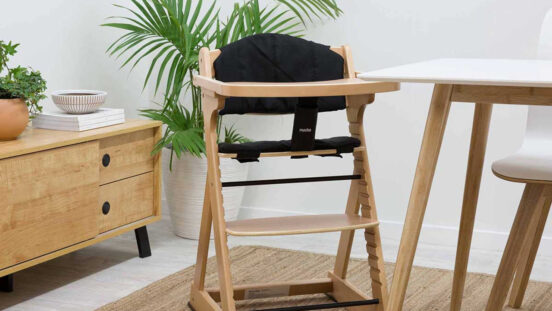Rachael Finch asks for advice on her son’s damaged tooth and receives a lot of feedback
Should she leave her three-year-old's tooth or remove it?
From the time you see that first toothy peg pop through your child’s little gums to the first visit from the tooth fairy, caring for those baby chompers is of utmost importance.
Which is why we really feel for model and mum-of-two, Rachael Finch who has shared with her Instagram followers a dilemma she’s currently facing. Rachael’s three-year-old son’s tooth is turning black following an accident last year and in a post titled, “Tooth debacle”, Rachael writes:
“So.. Dom’s front tooth which he chipped last year is now turning BLACK. I’ve had 2 dentists say it needs to come out and another 2 say to leave it,” she explains.
“It’s also starting to flake away & smell! Some say removing it will make the other teeth grow inward and others say leaving it will halter the growth of the adult tooth.”
The 31-year-old media personality ends the post pleading for advice from fans. “Holy moly I’m so unsure…!???”
The post was quickly flooded with comments by concerned followers encouraging Rachael to get Dom’s tooth taken out.
“I’d get it out. A smelly tooth doesn’t sound good. He’s so beautiful,” writes actress Georgie Parker.
“I’ve worked in dentistry for a long time and have seen this many times. He is at risk of developing an abscess/ infection as the tooth is dead now. Could happen tomorrow could happen in 6 weeks, 4 months that’s the unknown with dentistry. It’s completely up to you but for the sake of his health id have it removed before anything nasty sets in,” says another fan giving their professional opinion.
One follower said a “space maintainer” can help hold the tooth gap open until a new tooth comes through. “I think in the long run it will need to be removed,” she writes. “If it’s starting to smell then there is infection and that’s not healthy or helpful for a little person. Holding the space can be done by other sources. Space maintainer etc. GOOD LUCK. 😍”
Dr Joanna Wyszynski, a Sydney dentist also advised Rachael to remove the tooth.
“Hey Rachel. I would recommend the tooth does need to come out,” she writes.
“The fact that it’s starting to smell means there maybe an infection starting. An infection in your little boy’s body is never good. His immune system is working harder to combat it. As to the adult tooth coming out, I wouldn’t worry too much about the position. The adult tooth can always be repositioned through future treatment if necessary. I hope this helps 🙏💛”
We hope all this advice helped the founder of online health and fitness program, Body By Finch to make a decision. We feel for you, mama!
Rachael shares son, Dom and five-year-old daughter, Violet with husband, Michael Miziner. The couple met on Dancing With the Stars in 2010.
Baby teeth: When they come in and when they fall out
Usually, babies start teething at around 6 months and all 20 baby teeth (10 in each jaw) come in by 2 or 3 years. For some babies, their teeth pop through without any drama but for others it can be painful. Here’s what you need to know about teething and how you can help.
- Your baby’s gummy smile conceals a full set of 20 milk teeth hidden in his jaw. Usually, the first tip pops through at six months, but all babies are different: it’s not unusual for first teeth to appear at three months, but some don’t get pearly whites until after 12 months. If your baby doesn’t have a tooth by his first birthday, have a chat with your GP.
- As soon as your baby’s first teeth appear, you should start ‘brushing’ twice a day – first use your finger with a pea-sized blob of children’s toothpaste, then a baby toothbrush and toothpaste at about 18 months old. Remember to brush after the last drink of the day.
- Strong, healthy teeth are important for overall health, not just for eating. They also help your baby form expressions, words and sounds. Your baby’s milk teeth have to last him for up to 12 years, so teach him to look after them as soon as you can and you’ll reduce the risk of painful dental treatment as he grows up.
- Your childwill begin losing his/her primary teeth (baby teeth) around the age of 6. The first teeth to be lost are usually the central incisors. This is then followed by the eruption of the first permanent molars. The last baby tooth is usually lost around the age of 12, and is the cuspid or second molar.




